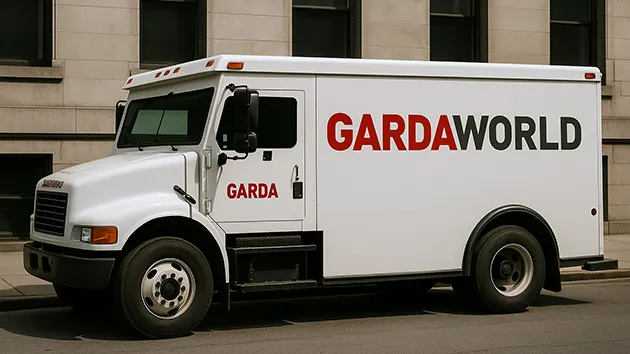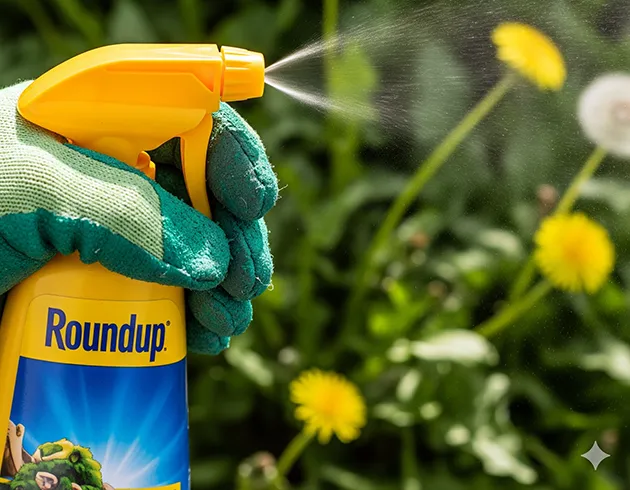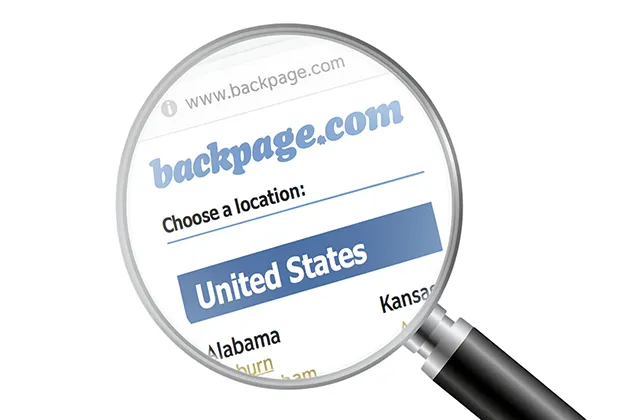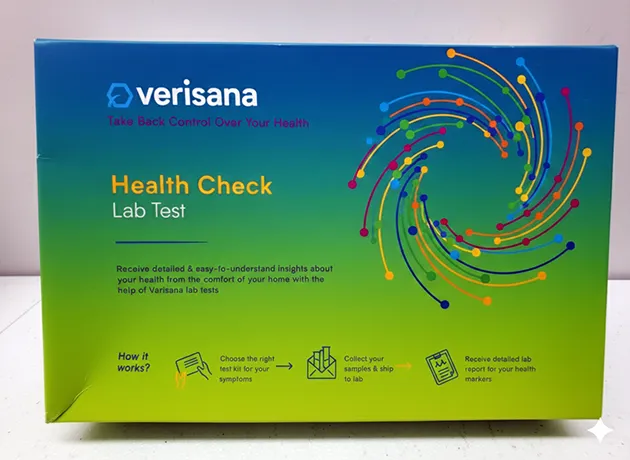GardaWorld Employees Who Smoke or Vape Investigation
By Steve Levine

Updated: October 8, 2025
What is the GardaWorld Healthcare Surcharges Investigation?
The review focuses on whether GardaWorld employees who smoke or vape were charged additional health insurance fees, sometimes called smoker surcharges or nicotine surcharges, and whether those charges complied with applicable laws and plan rules.Who May Be Eligible for Compensation?
You currently work or previously worked for GardaWorld in the last six years (2020 - 2025), you smoked or vaped during employment, and you received employer sponsored health insurance. Eligibility can vary based on plan terms and state law.How Much Compensation Might Be Available?
Possible reimbursement of certain surcharges or related out of pocket costs if rules were violated. No results are guaranteed. Each submission is reviewed on its own facts.Submit Claim
How Do I Pre-Qualify?
Use the form below to share your details. You can submit without documents now. If available, upload pay stubs or benefits statements that show a smoker or nicotine surcharge.Is there a Deadline to File a Claim?
This investigation is open. There is no court approved claim deadline at this time. If a lawsuit or settlement is announced, timelines may change.Can Employers Charge Higher Healthcare Fees for Smokers or Vapers?
Yes, under federal law employers can charge higher health insurance premiums for employees who use tobacco, but only within certain limits. The Affordable Care Act allows insurers to apply up to a 50% surcharge on tobacco users, though some states have stricter rules or outright bans on these surcharges.Are Smoker/Vaping Surchages even Legal Under Law?
Smoker surcharges are legal under federal law if they comply with the Affordable Care Act's ("Obamacare" or the "ACA") wellness program provisions. Employers must offer a reasonable alternative program to help employees quit smoking, such as counseling or nicotine replacement therapy, in order for the surcharge to be valid.What is GardaWorld?
GardaWorld is a Canadian-based global security and risk management company founded in 1995. Headquartered in Montreal, it provides services including security guarding, cash logistics, and crisis response to governments, businesses, and organizations worldwide.Today, GardaWorld employs over 132,000 people across 30+ countries, making it one of the largest private security firms in the world. The company remains privately owned, led by its founder and CEO, Stephan Crétier.
Do Company or Healthcare Insurance Wellness Programs Permit Nicotine Testing?
Yes, many employer wellness programs use nicotine or cotinine testing to verify whether an employee uses tobacco products. These tests are typically required if the health plan charges a smoker surcharge or offers a discount to non-smokers. Employees must also be given a chance to qualify for the benefit by completing an alternative program.Do Any States Limit Smoker Healthcare Surcharge Fees for Employers?
Several states restrict or prohibit smoker surcharges on health insurance, including California, New York, New Jersey, Massachusetts, Vermont, Rhode Island, and the District of Columbia. In these states, employers and insurers cannot impose higher premiums based solely on tobacco use.How Do I Know if I was Charged a Smoker or Vaping Surcharge?
You can check your pay stubs, health plan enrollment forms, or benefits statements to see if there is a line item for “tobacco surcharge” or “nicotine surcharge.” Sometimes these charges are included as higher monthly health insurance premiums compared to non-smokers. HR or benefits department emails may also explain when and why the surcharge was applied.Submit Claim
Sources
• Affordable Care Act Implementation FAQs• State Policies Limiting Premium Surcharges for Tobacco — NCBI/PMC
• American Lung Association — Tobacco Cessation Treatment: What Is Covered?
Attorney Advertising. The information on this website is for general informational and advertising purposes. No attorney-client relationship between reader and Siri & Glimstad or their partner firm is created by submitting any forms linked on this page. Upon submitting any forms linked, you agree that a representative from Siri & Glimstad LLP, 745 5th Ave Suite 500, New York, NY 10151, or their partner firm may contact you.
For more class actions keep scrolling below.

RoundUp Cancer Lawsuits: How to Qualify
Status: Open to Claims
Submit Claim
Backpage $215M Sex Trafficking Settlement
Status: Open to Claims
Submit Claim
GardaWorld Employees Investigation
Status: Open to Claims
Learn More
Verisana Lab Tests Privacy Violations Investigation
Status: Open to Claims
Apply Here
Pickleball Class Action Settlement
Payout: $150 - $300
Submit Claim
$5.5M Corsair DDR4 and DDR5 RAM Settlement
Deadline: Oct 28, 2025
Submit Claim
Whole Foods Class Action Settlement
Deadline: October 14, 2025
File Claim
$1.9M PetSafe e-Collar Settlement
Deadline: Dec 2, 2025
Payout: $30 - $420
| Investigation Summary | |
| Status | Open Investigation |
|---|---|
| Potential Compensation | Varies by case |
| Claim Deadline | None announced |
| Who May Qualify | GardaWorld employees within 6 years who smoked or vaped and had employer health insurance |
| What To Gather | Pay stubs or benefits statements showing a smoker surcharge, plan documents, HR emails |
| Submit | Free Case Evaluation |